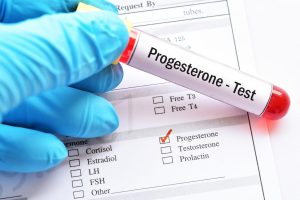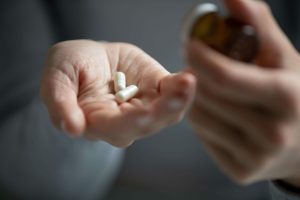What is the Connection Between Insulin Resistance and PCOS?

Polycystic Ovary Syndrome is a condition of hormonal dysregulation (meaning it disrupts normal hormonal activity), thought to affect between 5 and 10% of women of reproductive age. Many women with the condition struggle to conceive and they are at increased risk of developing other metabolic conditions, including type 2 diabetes. With no definitive cure, the current emphasis is on providing symptomatic relief, but with such a range of clinical manifestations, the burden of PCOS, from both an economic and a social perspective, is high.
According to the 2003 Rotterdam criteria, a diagnosis of PCOS will be made if a female presents with two out of three of the following symptoms; anovulation, hyperandrogenism and/or polycystic ovaries. Despite not featuring as one of the defining characteristics of the condition, insulin resistance is strongly associated with PCOS. 80% of obese women with PCOS are insulin resistant, hardly surprising, as the two are intrinsically linked. However, even those women with a normal BMI are at increased risk of developing hyperinsulinemia and peripheral insulin resistance.
Insulin resistance occurs when the cells and tissues of the body do not respond normally to insulin and require a greater amount to exert a biological effect. This results in a state of ‘compensatory hyperinsulinemia’, whereby insulin secretions are increased to counteract the deficiency. Excess circulating insulin can further exacerbate the risk of type 2 diabetes. It is thought that the ovaries never become fully insulin resistant, however, they are sensitive to fluctuating levels of the hormone. Insulin stimulates the ovarian theca cells to produce androgens and this can be one of the triggers for the hyperandrogenism seen in women with PCOS.
Read more about how inositols are used to manage conditions such as PCOS.
Photo by Mykenzie Johnson on Unsplash










